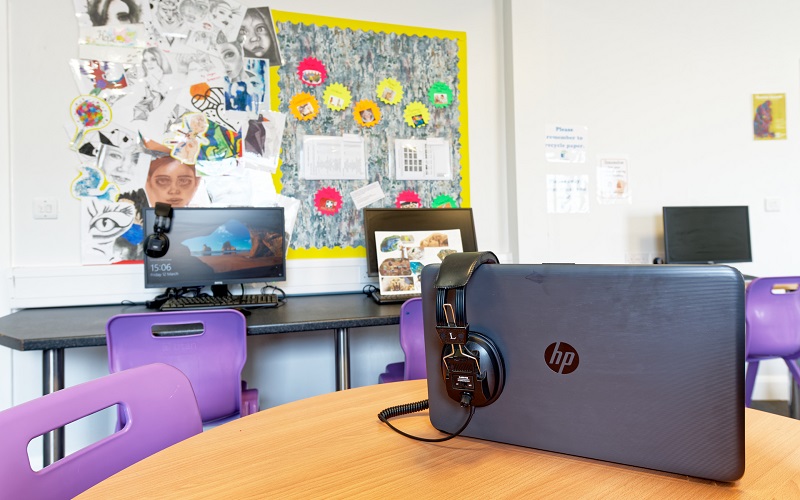
Let’s face it, the last year hasn’t been easy. Many parents and carers will be concerned about the impact of the pandemic on their children, and how they will cope now they have returned to school. There is also a national concern. A recent survey showed rates of probable mental disorders in children and young people have increased since 2017. In 2020, 1 in 6 children (16%) aged 5 to 16 years were identified as having a probable mental disorder, increasing from 1 in 9 (10.8%) in 2017. The increase was evident in both boys and girls. Its important to know that there is support available.
Here, Cygnet’s National Head of Education Ed Hall, shares some advice to help parents support children’s wellbeing at home.
Stay involved with their education
Having been out of school for long periods during the lockdown, some children may struggle with lessons now they’re back in classes. Supporting your child to become an independent learner at home will help them to catch up and it will make it easier to spot problems. Parents can do this even if they don’t know the subject themselves. One idea is to demonstrate how you would attempt a task, showing how you set personal goals and time limits. You might also share skills such as reading for information and note taking and spend time with them to improve reading and vocabulary.
Make sure they are physically active
Physical activity supports general wellbeing and also provides an opportunity for active breaks between learning tasks at home. Exercise makes people feel good and more energetic so it’s important you support a regular routine for children to be active. This might include setting up a family exercise challenge that will help children stay active and manage the ups and downs of normal life.
Set some boundaries around electronic media.
Young people are bombarded by information through messaging apps, social media, and the internet, and this can be extremely overwhelming. Children need to be educated at home as well as school on the rewards and risks of using social media so they are empowered to manage these challenges themselves. Gaming for long periods can lead to repetitive use of very similar neuronal pathways meaning these become hard-wired at the expense of others, and the blue-screen exposure can disrupt sleep hygiene.
Set good sleep routines
Sleep is crucial for good mental health in both adults and children. There are plenty of resources online about how to promote this in children, focussing on things like eating habits and diet, structure and routine, environment (e.g. light-resistant blinds), mindfulness and breathing techniques.
Encourage their interests
Meaningful activity is key to good mental health. Support your child to participate in something they enjoy and engage with, helping them reflect and recognise the value this is having on them. Provide the opportunity for them to try new things, allowing them to self-discover new activities they get fulfilment from.
Listen to them and take what they say seriously.
Be accepting and understanding of your child and their views. It is not unusual for children’s views to change quite frequently and hearing these along with steering and guiding will ensure they feel their opinions are valued, which in turn will give them confidence.